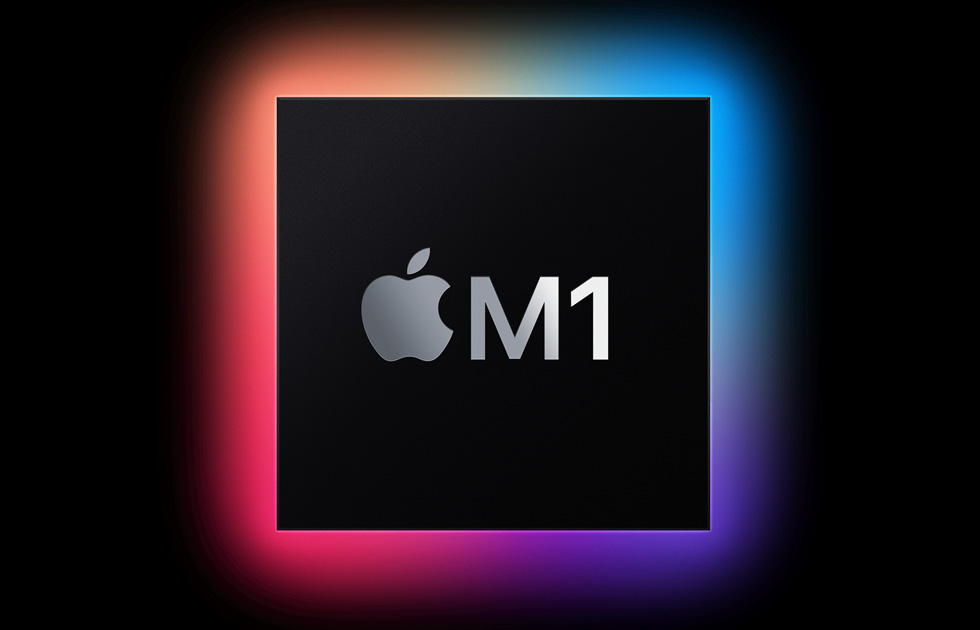Time for a change
I was trying to persevere with my trusty 2015 MacBook Pro, with its Intel i5 processor and 8GB of RAM. The 6 year old machine has done me well, through various side projects and hackathons, but when running multiple programs for a modern tech stack it was really struggling. Even just maintaining reliable group video calls while running a code editor was proving hard to handle. It was time for a change!
In Summer 2021 I began using a MacBook Air with the new M1 processor for work. The much anticipated Apple Silicon chip in an entry level MacBook that could supposedly handle the most demanding of tasks? The hype sounded too good to be true.

The dilemma
The M1 chip was initially released in November 2020. Initial reports were promising but the tech communities online quickly revealed that a number of programs, particularly in relation to software engineering, either didn't work very well or didn't work at all. This was partly expected due to the completely new chip architecture but also disappointing as we had to wait a while for these new machines to be ready as a daily driver for work. Being primarily a .NET API engineer my main concern was whether the core tools I use daily would work. Of course this includes the usual apps like Chrome and Slack, and for me it also included Docker, .NET Core, JetBrains tools and Homebrew.
Some apps required the developers to recompile and republish their applications for the new architecture but in some cases greater effort was required to make them compatible. Unfortunately it took a few months for the core applications I depend on to run well on the M1 chip. The Homebrew and .NET Core teams provided fixes over time, and Docker was a particular pain point for many engineers as it's an absolute must have to be able to use an M1 machine for daily development and initially it didn't work at all. I kept an eye out and followed various Twitter users and project blogs waiting for compatibility updates. The day finally came where it seemed there was enough support to give the MacBook Air a chance as a daily machine for software engineering.
M1 MacBook Air review
After a few months of use I can safely say the M1 MacBook Air is the best laptop I've ever used. It's super light and portable, built to a high standard and is insanely performant. As part of the new chip release Apple also announced their new Rosetta 2 translation layer - some low level software that is designed to bridge the transition between Intel and Apple processors. It enables applications that haven't been updated for native Apple Silicon support to run on the new chips. Even though this happens at run time, you honestly wouldn't know. I think the only time I've noticed it is when I was running JetBrains Rider IDE for .NET development through Rosetta (which was already fast and worked fine) and then installed the updated native version which was noticeably even faster! Everything is buttery smooth and although I have put this machine through its paces a few times it barely gets warm and handles almost everything with ease. A real world example? As I write this post I am running: Chrome with multiple open tabs, Spotify with music playing, Slack, JetBrains Rider, JetBrains DataGrip, JetBrains WebStorm, Terminal with Jest watching tests, Postman AND Docker running Postgres and Kafka! Even with all this running it can also still handle JavaScript and .NET code compilation and debugging without breaking a sweat. And the most impressive thing? The battery life is exceptional and it doesn't even have a fan for cooling!

Closing thoughts
Considering the £999 entry price tag I would recommend this laptop to absolutely anyone. I have the upgraded 16GB model which I would recommend for software engineers, but from what I've heard the 8GB is more then enough for most tasks too. From casual use to fairly strenuous professional tasks like programming, or photo and video editing, this the M1 MacBook Air will last for many years to come. It's almost a no brainer if you're in the market for a new laptop!
What's next?
With all that said, the subsequent pro machines have now been released. Can Apple do it again and make an even more performant and more energy efficient chip? Apparently so! I've ordered the new MacBook Pro with the M1 Pro chip so will have to wait and see how it compares to the M1 MacBook Air.